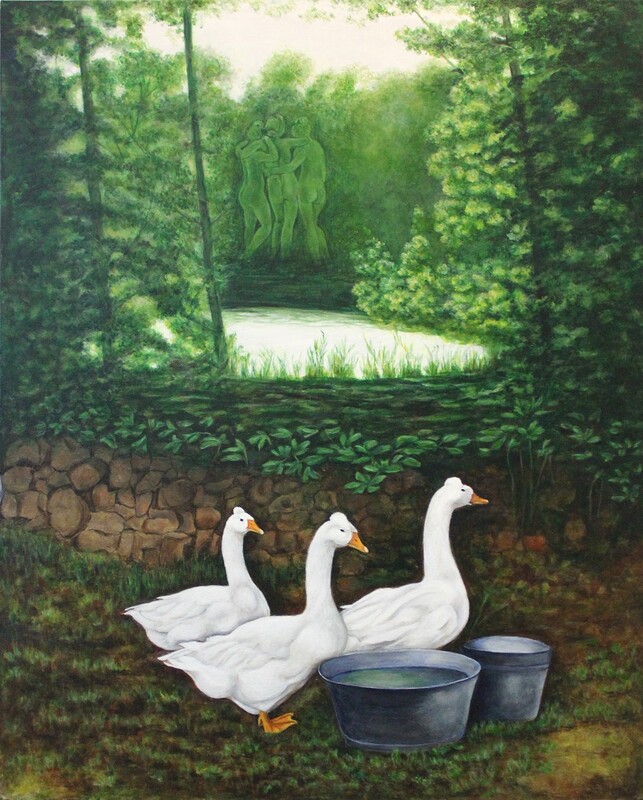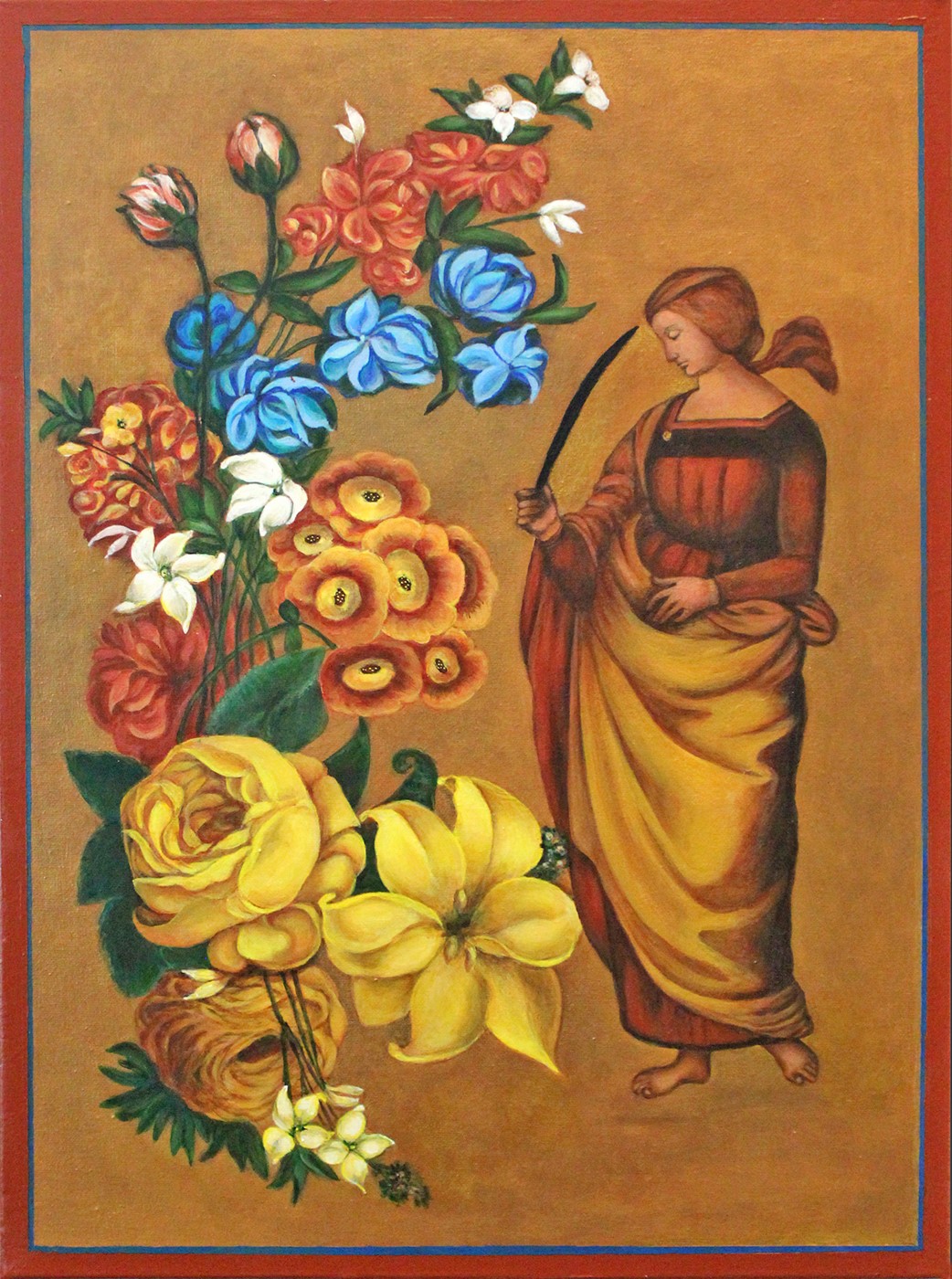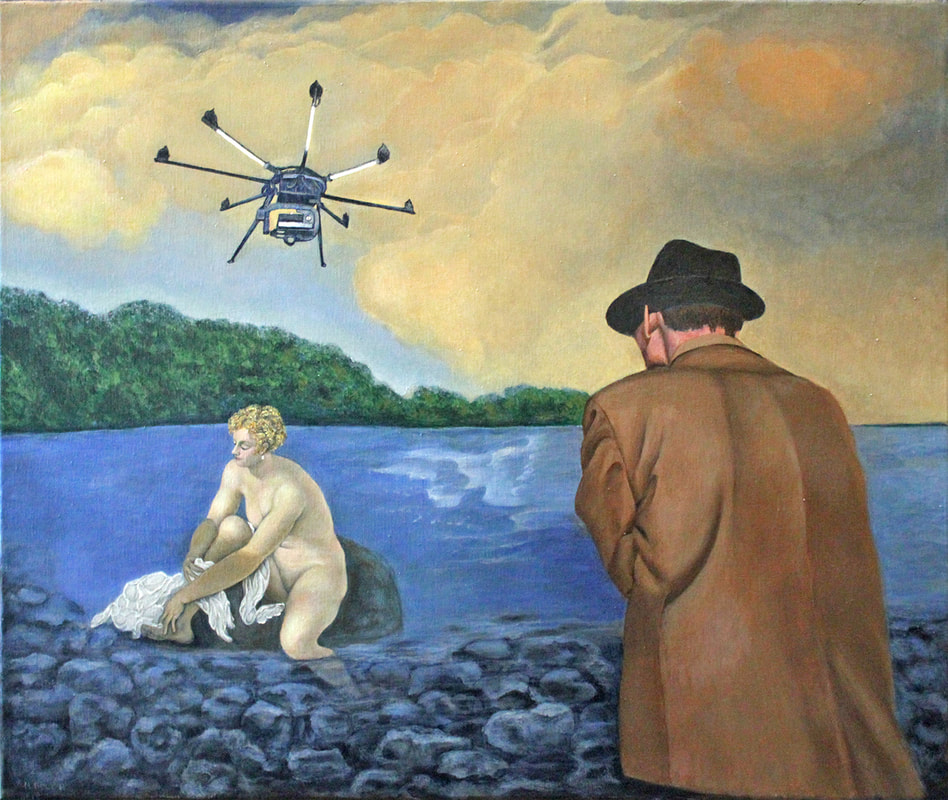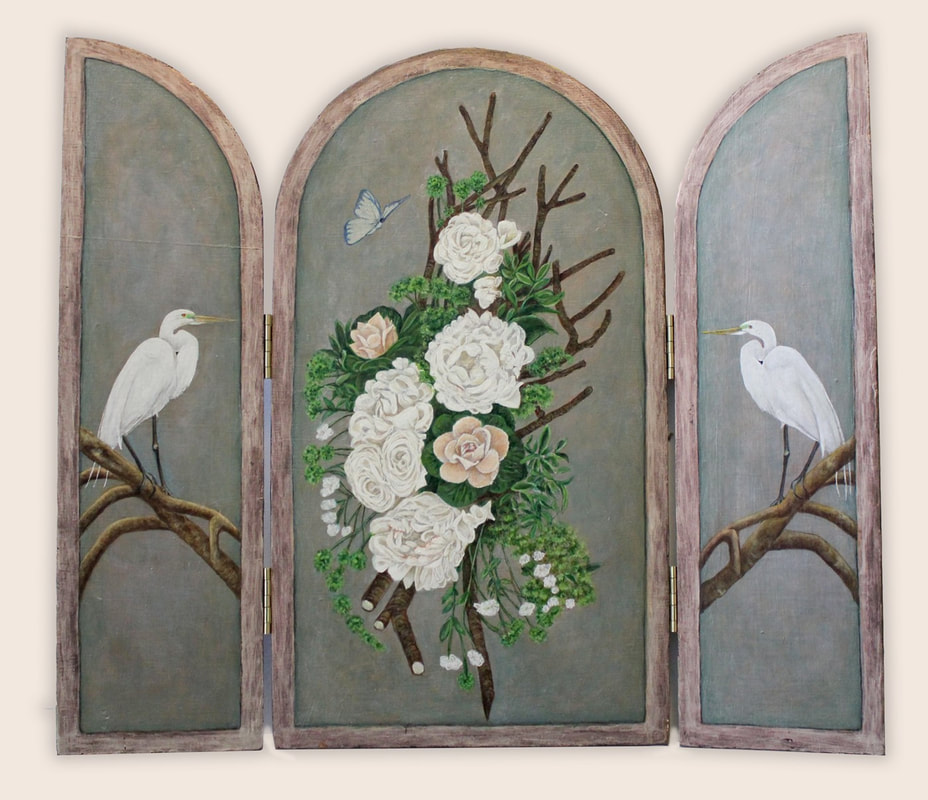Mireya Folch-Serra
|
For Mireya a life span exile
A poem by Colin H. Williams Justice can always be accomplished because it has no expiration date. But in my homeland the struggle goes on We were secrets all, sentenced in absentia! My family, Folch and Serra, up to our souls in Republican hopes, The Second Spanish Republic breeched-birth our destinies and made us refugees in our own homes. Coup d’état not coup de grace became my end. Barcelona opened to Franco, half a million less, Refuged in France notwithstanding the loss. Mortgaged to democracy and bankrupt through loyalty The affront of the new state! I have finally accessed the Justice account Their lies and tissues, their scams and crabbed reality. It is time to reconstruct history, To remap geography, For time and space to be reframed And justice to raise its pendant once again. My family needs its story, Exoneration and memory The just for the unjust The crimes retold, remembered and repulsed Archives store the bitter crimes Spew out the buried consciousness And cleave to a form of narrative which sentences father to death. Justice can always be accomplished because it has no expiration date. The family camped in France, Lost honour, goods and meaning, Exodus was never more forgiving. A baby brother, Toulouse born, alone among the women, Maria Júlia Serra Peraire, her sister Monste Serra Peraire, myself Mireya and my brother Santiago. Escaping from the pain, the boat was fully laden, We were forced to flee but could not board the deck. Ironic kindness took us up, Uncle Francisco’s border patrol safeguarded back to Barça, where deep in hiding we survived, jailed in Jaume Solé’s home. The menfolk could not hide, shot on sight - they fled to sea They took the boat Nyassa, bound for liberty At Casablanca’s port the men discovered death, but pressed by fate they flew the Coup, and cheated destiny. The Nazi war had bled them dry and Franco’s dance not run its course. Emilio, Francisco, Jaume, Luciana, Jordi and Luci partners in the macabre- refugee discounts for a one-way trip in Columbus’ wake and Magellan’s new ship. We took the Marquis de Comillas, ocean bound from Bilbao, Havana offered respite, but the plane was duty bound, so Merida became Mexico City encamped on military ground. The family then dispersed these many years populated the New World for its breath And all the NAFTA lands saw Folch and Serra grow, in Cuba, América, Canada, Mexico. But coffin graved the eldest lost in deep Habana soil, All medics gone to earth to root the change of new birth come to pass. And I, I struggled home these forty years and licensed twice in name and law Gained a new identity and fought for space to be Dr Folch Serra, Catalan by birth and Spanish by edict. I met the ‘others’, those who stayed and reaped the gains, We dined and laughed and reminisced Forgiven not forgotten, diaspora tales As Primera trobada dels Folch was established as fact. How would our grandchildren write these lines? What pictures come to mind? Representation without justice - just more crimes So that Arriba, ABC and others need to honour the dead and let La Vanguardia Española fight the good fight. Falange Española, monarchist and tongue, strictured under torture. Archivo Guerra y Exilo becomes my solace, my Wikipedia and my faith, So conscientious were the bureaucrats that truth and dignity were mired in the clay. Fils et Filles de Republicains Espagnoles et Enfants de l’Exode operates a sister service for the fallen dead and those who must remain. But Companys and Aguirre, as Ravensbruck and Belsen, are memorilaised with governments in exile for hollowed bones in hallowed graves. The shadow of the Veteran Captain and Provident Legislator cooled the Civilized Right and created a bunkered-army opposed to peaceful change, but duty-bound to guard ‘democracy from above’. The young, the desencanto and the pasotas, Ranged against the old dogs in new collars. Convergence, conciliation and ‘taxi parties’ forged the amnesty based on amnesia, but Ruptura democrática became a negotiated rupture. Yet ‘Democracy without adjectives’, a form of democratic pluralism could not hold the Pacto del olvido, broken iconoclastic claims, or. Constitutional divorce and national water for the fish to swim in autonomous depths. Where was the statecraft when I fled? Where the international justice when we bled? Where the recompense for stolen lives? Where the record of the exiled tribes? Scabbard lives in Bezalú, Banyoles, Vic, Cornella del Tern. Vox popular vs vox Pujolar It never ends! Seny i rauxa so the anthem goes But no sense and no reason play for us. It is time to reconstruct our history To seek the moral victory To legally exonerate the just and Honour their Exiled Memory. It is time, my time, my life, my truth, My Pacte de pàtria! This poem is inspired by the life and family trajectory of my very close Catalan friend Dr. Mireya Folch Serra, who was born on November 14, 1937, in Tarragona. Survivors in the family, having been exiled from Catalonia in February 1939, dispersed as refugees to Mexico, the USA, and Cuba. Her grandfather, Dr. Jaume Serra i Hunter, was born on January 7, 1878, in Manresa and died in Cuernavaca, Mexico, on December 7, 1943. A university philosopher, on June 9, 1931, he became the first democratically elected rector of the University of Barcelona and also became the President of the Parliament of Catalonia. Her father, a medical doctor, was condemned to death for crimes he did not commit, never returned to Spain, and died in exile in Mexico City, 1978. Mireya has recently retired as an academic from the University of Western Ontario, Canada. We met many years ago at European University, Florence, as we were both interested in the geographical context of minority nationalism, particularly the Catalan struggle for independence. It was my great honour to accompany Mireya on field excursions in Catalonia at the time she was honoured in her home city of Girona when the local newspaper Diari de Girona mounted an exhibition recording the experiences of the Catalan disposed and featured Mireya’s family as one of its case studies. Given Máiréad’s passion for justice and plight of ‘the other,’ this Catalan trajectory is offered as an individual’s experience of dislocation and readjustment to a life not of her choosing—sadly the harsh reality of so many in today’s world where dignity and mutual respect are in such short supply. Colin H. Williams, Cardiff, 2019 Honorary Professor, University of Cardiff, Wales, UK and Adjunct Professor, Department of Geography, Western University, London, Ontario, Canada. [email protected] Poem prepared for inclusion in Philip McDermott, Liam Campbell & Ulli Kockel, (eds.), Per scribebdum, Sumus! A Festschrift for Prof. Máiréad Nic Craith, Summer 2019. Lit, Vienna 978 3 643 91357 9 published December 2020. |
Mireya Folch-Serra was born during the Spanish Civil War (1936–39) in Tarragona, Spain, while bombs were raining down on her mother's home in Barcelona. The daughter and granddaughter of antifascist Spanish exiles, she has lived in Toulouse, France, Mexico City, and Canada. Since 1994, she has lived in London, Ontario, and for many years she taught geography at Western University.
In Spain, she has consulted for the archives of the Spanish Civil War and Franco’s dictatorship (from 1939 to ’75) in Salamanca, Alcala de Henares, and other Spanish cities. Her publications explore the silencing of collective memory and the lack of historical justice in contemporary Spain. Her theoretical framework is based on Mikhail Bakhtin’s dialogism, applied also to her writing on art, as in “Geography, Diaspora, and the Art of Dialogism” in Parachute 1998, No. 90, and “Place, Voice and Space: Mikhail Bakhtin's Dialogical Landscape" in Society and Space: Environment and Planning D, 1990, Vol. 8. As a retired professor emerita, her passion for writing, viewing, and doing art is now a full-time occupation. One of her most cherished art experiences was participating, with a group of London and Toronto artists, in Drawn In, at the Royal Ontario Museum, Toronto, an event organized by Serge Acaro, Ron Benner, and Jamelie Hassan. The participating artists gathered together to draw in the galleries of Islamic Art and Mesopotamian Art in protest against the US war on Iraq. The drawings were subsequently exhibited at A Space, Toronto, and the Forest City Gallery, London, Ontario. Her work also has been presented in exhibitions at the Westland Gallery and Strand Fine Art, London, Ontario. This quote by author James Baldwin (1924–87) reflects the principle that guides Mireya through her life and work: “Not everything that is faced can be changed but nothing can be changed until it is faced." For an insightful article on The Butterfly Effect go to: https://www.washingtonpost.com/weather/2020/02/02/butterfly-effect-is-not-what-you-think-it-is/ |
























